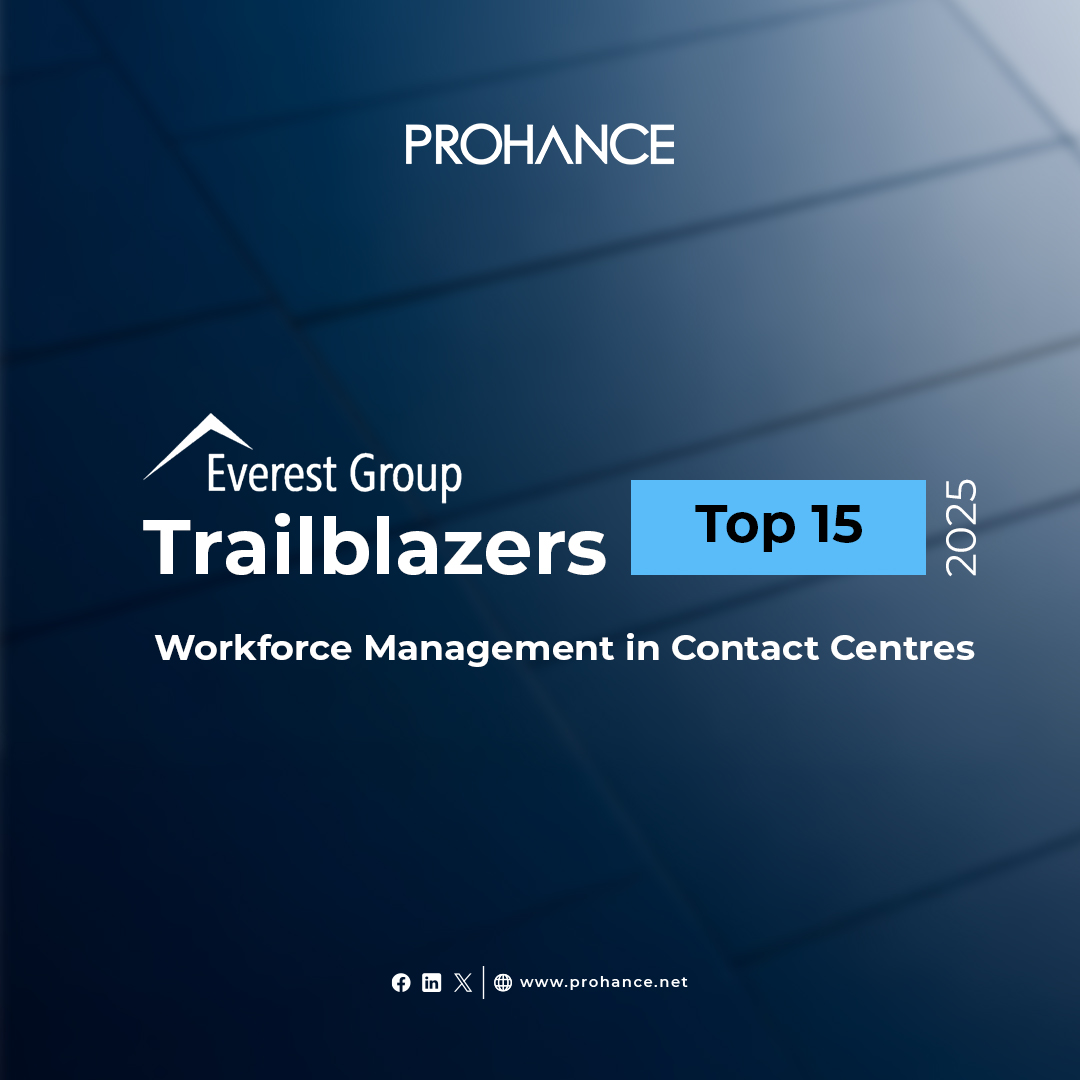- Productivity Benchmarking
- Products
-
Solutions
- Solutions
- Resources
- Who We Are
- Book a Demo
Use Cases
Industries

